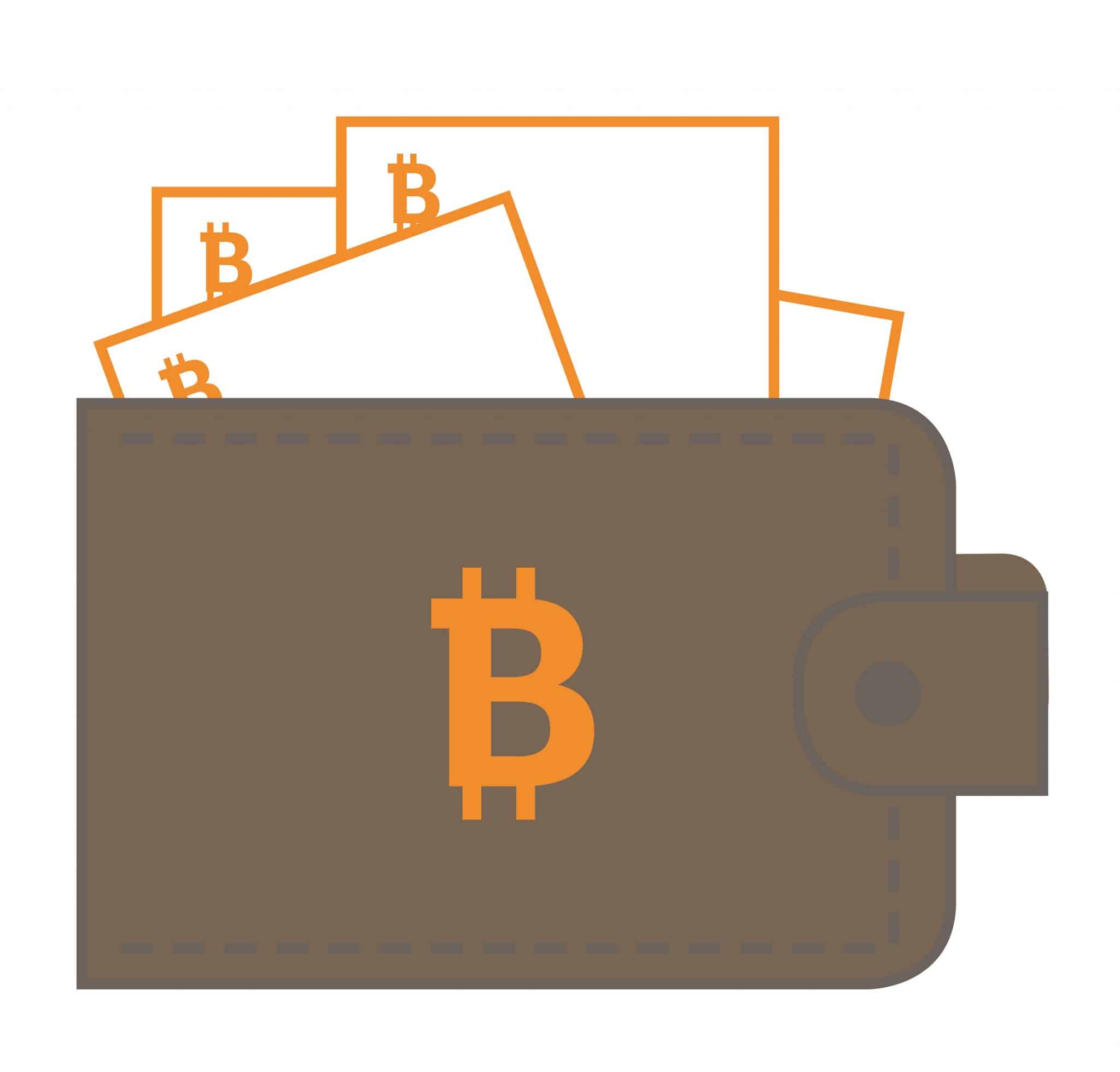Where finance meets technology, interesting things continue to happen.
Being a London-based firm, described last year as ‘one of the most respected specialist accountancy practices serving the blockchain industry’, we’ve welcomed London Blockchain Week (4-11 March). Accordingly, in this roundup we focus on more than one blockchain story, noting its potential not just for London but for the entire world, from British Columbia to Australia, affecting plastic bottles and wine bottles alike.
We also revisit the topics of mobile payments and Central Bank Digital Currency, where different perspectives are emerging.
Sweden: mobile payment popularity
It’s always worth keeping an eye on trends in Sweden as they are leaders in advanced payment technologies. Whilst in the UK we may be moving quickly away from cash into contactless payments, in Sweden they are moving from contactless card payments to mobile payments.
There has been some uptake in London with providers such as Google Pay, Apple Pay and Samsung Pay. By contrast the mobile payment service Swish was launched by a group of large Swedish banks and has been around since 2012. It is now reported that two thirds of Swedes use the facility, demonstrating just how far ahead they are in the payments revolution. It is even used for collections at church services!
Australia and blockchain
Australia has published a National Blockchain Roadmap laying out targets, milestones and use cases for blockchain development. It identifies financial services as the sector in which the biggest impact will be felt, followed by professional/technical services and then the retail trade.
It sensibly points at regulations around identity and privacy, ensuring that blockchain users are verified before being able to transact and being trusted. It also highlights how important common standards are as things develop, to avoid silos and fragmentation.
Interesting case studies published include clearing and settlement for securities but also for movement of goods along supply chains and across borders. Blockchain can be used to confirm origin, processes and quality through the chain, informing consumers and preventing counterfeiting and food fraud via intellectual property infringements.
Among Roadmap’s most eye-catching use cases is the wine industry, where counterfeiting and IP infringement are issues. Australia is one of the largest wine producers in the world and exports over 750 million litres a year: its consideration of blockchain is definitely a glass-half-full situation.
A block(chain) of cheese
It looks like you will be able to pair your wine with similarly traced French cheese. IBM has announced that France’s agro-industrial Avril Group has joined the IBM Food Trust, a global blockchain-enabled system for the food industry.
Whilst this is very positive in terms of authentication, sustainability and ethnically sourced production / supply chains, there is also great potential for dealing with cross-border transportation of produce and goods.
With a full record of where materials came from and where component parts are put together, this could have a huge impact at borders by improving the speed of customs processing. Rather than having triplicate paperwork, all information can be stored on a blockchain allowing the immediate checking of any import and export tariffs and ensuring compliance.
Digital currency and personal privacy
In our previous Fortnight in Fintech, we explored the topic of a Central Bank Digital Currency (CBDC). The USA’s Federal Reserve Chairman Jerome Powell recently added to the debate with his remark that “the idea of having a ledger where you know everybody’s payments [is] not something that would be particularly attractive in the United States context. It’s not a problem in China.”
We still hear, from certain corners of the crypto community, that privacy (they really mean anonymity) is an argument for not having a CBDC as ‘governments can’t be trusted’.
The counterargument is that whilst this may be true in part, and certainly more so for certain governments, without government there can be no functioning society at all. So government is, and will always be, required in some form.
We look at this as a great opportunity for governments to be transparent and accountable in their transactions and spending. That would surely lead to trust being built up with the voting public.
Blockchain and sustainability
There are plenty of examples of how blockchain can have positive impact on supply chain, both in terms of authenticity and speeding up customs procedures, but there is a further step. Continuing the chain on to track how waste products are recycled (or not) would be a great way to demonstrate sustainability.
It’s therefore exciting to read about BASF’s Project reciChain pilot, which it says will ‘incentivize the recycling and reuse of plastics’ via ‘a scalable blockchain solution (reciChain) to support the track & trace, and monetization of plastics’.
This is underpinned by the circular economy theory. It states the current mode is linear where finite resources are extracted and used in production, with waste along the way and ultimate ‘throwing away’ of the product made. It proposes moving to a system where waste is actively managed out of the cycle, products and materials are kept in use (reuse, repair, remanufacture or recycle) and waste products are used to regenerate natural systems (composting, anaerobic digestion or biogas production).
If you worry about plastic waste, you probably also have concerns about carbon emissions – but blockchain offers a solution there too. In an article for Raconteur last week, Frank Clary of Agility Logistics predicted that “In the not-so-distant future, costs will be applied to carbon in the supply chain. To ensure the quality of emissions reporting is trusted, blockchain will likely be used to make sure what’s emitted is what’s reported.”
If something as innovative as blockchain can help us (back) towards something as ‘retro’ as a world of less polluted air, land and seas, it could be fintech’s finest achievement.
For more on how we can help fintech businesses, take a look at our fintech page or contact us using our enquiry form.


